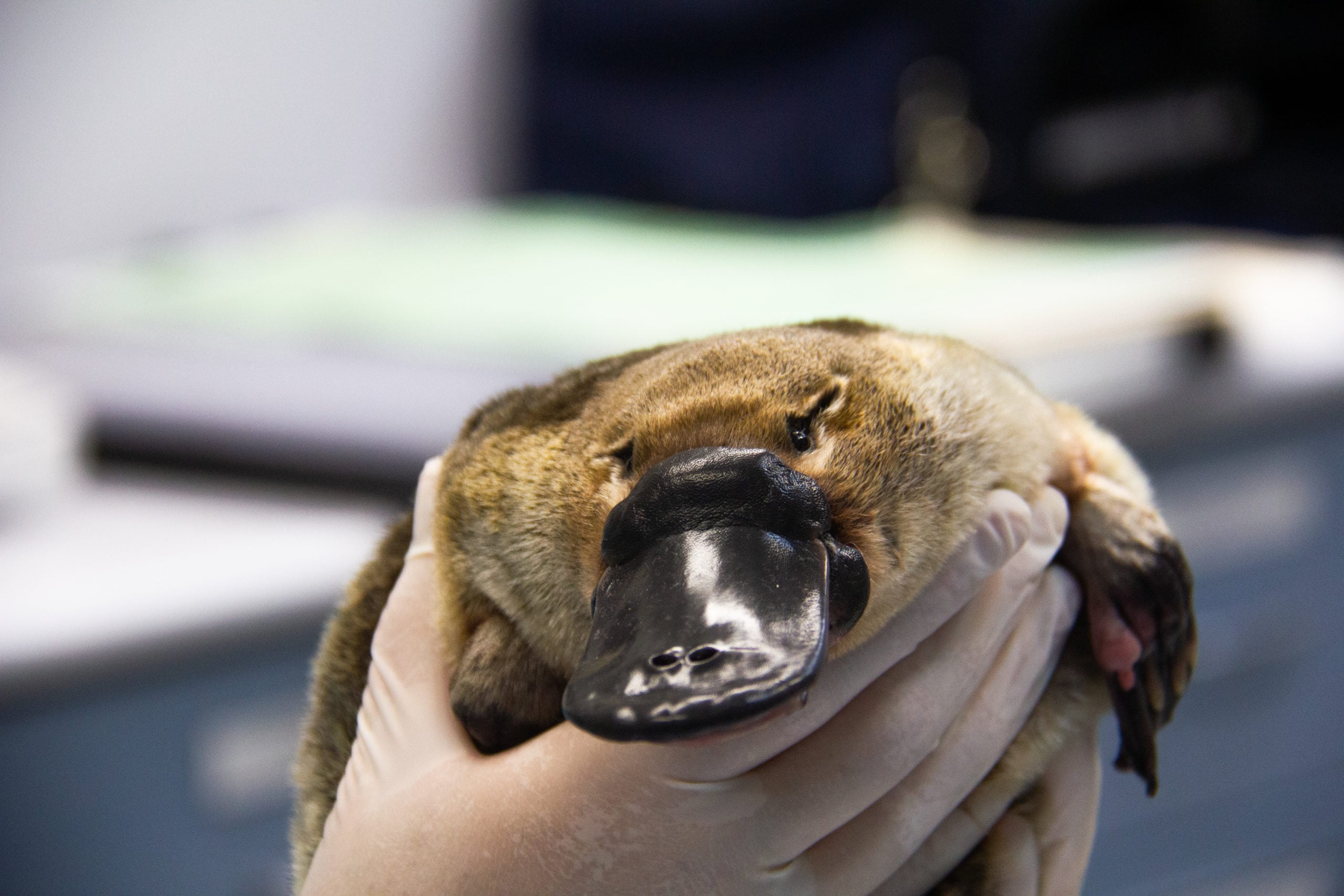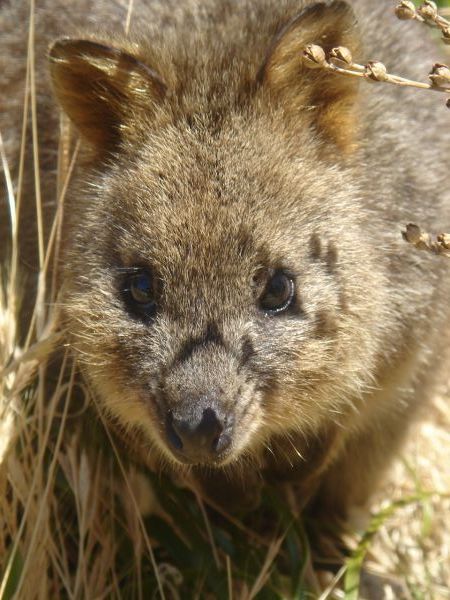

In 1884, William Caldwell’s concise telegram to the British Association announced “Monotremes oviparous, ovum meroblastic”, not holoblastic as in the other two mammalian groups 3, 4. The most extraordinary and controversial aspect of platypus biology was initially whether or not they lay eggs like birds and reptiles. Estimates of the monotreme–theria divergence time range between 160 and 210 Myr ago here we will use 166 Myr ago, recently estimated from fossil and molecular data 2. The divergence of monotremes and therians falls into the large gap in the amniote phylogeny between the eutherian radiation about 90 million years (Myr) ago and the divergence of mammals from the sauropsid lineage around 315 Myr ago ( Fig. Traditionally, the Monotremata are considered to belong to the mammalian subclass Prototheria, which diverged from the therapsid line that led to the Theria and subsequently split into the marsupials (Marsupialia) and eutherians (Placentalia). The platypus was placed with the echidnas into a new taxon called the Monotremata (meaning ‘single hole’ because of their common external opening for urogenital and digestive systems). Some initially considered it to be a true mammal despite its duck-bill and webbed feet. Marsupials lack what is known as the corpus callosum, which is a nerve tract that communicates between brain hemispheres.The platypus ( Ornithorhynchus anatinus) has always elicited excitement and controversy in the zoological world 1. Marsupials are very unique in a number of ways, and this includes a difference in their brain as well. Marsupials, on the other hand, average 35 degrees Celsius. Placental mammals have a body temperature of 38 degrees Celsius, and monotremes hold an average internal temperature of 30 Celcius. While all mammals are warm-blooded, meaning they maintain a consistent internal body temperature and can self regulate this temperature, the mean for marsupials is generally not the same as other mammals.

Marsupials also have a different average body temperature than other mammals. In marsupials, the fetus finds its way to the pouch and continues the remaining stages of development there, until it is fully grown and developed. This difference in gestation period is generally due to the type of placenta other mammals have versus marsupials, marsupials being less complex than the former. This means that most marsupial young are born in a fetal stage, a stage which, in other mammals, occurs inside the mother’s womb. In most cases, marsupial babies are gestated for a period of only four or five weeks, in contrast to most other mammals that have gestation periods lasting months.

Animals such as bandicoots and bilbies, also native to this region, are considered omnivorous, as they eat a balanced diet of both plants and animals or insects.īecause these animals have pouches, they also generally have very short gestation periods. These examples are herbivores, but there are also a number of carnivorous marsupials as well, including the Tasmanian devil, the Tasmanian tiger, and various varieties of quolls, which are of the feline family. These marsupials tend to be the most commonly associated with this class of animal, and include such species as the wombat, kangaroo, and koala. There are approximately 300 different species of marsupials, (infraclass Metatheria, or Marsupialia) on Earth, and roughly 70% of these live in Australia, Tasmania and New Guinea. Marsupials, however, are unique mammals in many ways and have several specific traits that make them stand out from other animals. These include being warm-blooded, having fur-which is usually an indicator of a mammal-giving birth to live young rather than laying eggs, and nursing their young via mammary glands. Like other mammals, they follow the key identifiers of mammalian classification. Though marsupials have a number of distinct characteristics, they do fall under the classification of mammals.


 0 kommentar(er)
0 kommentar(er)
